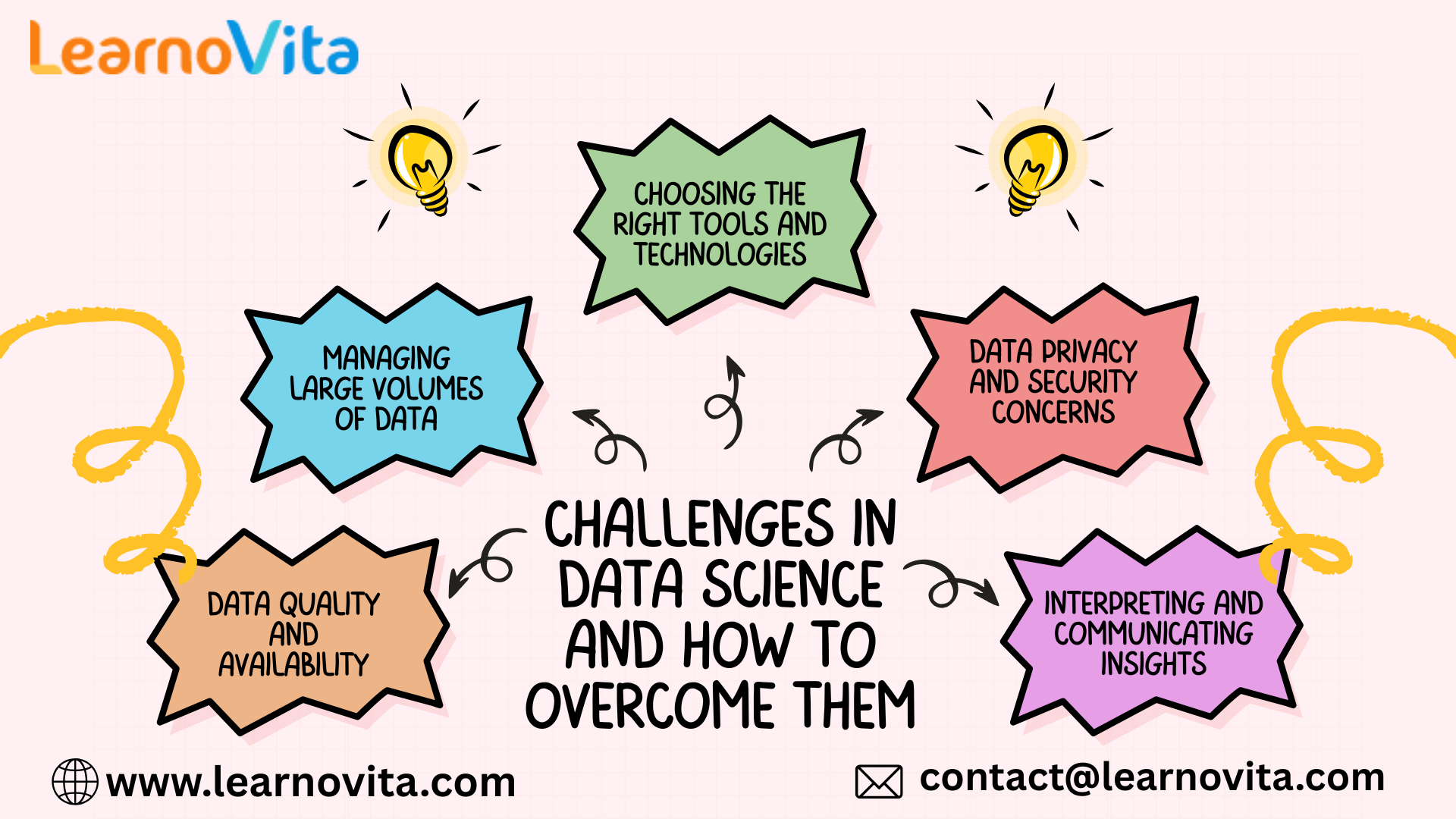Breaking Barriers in Data Science: Challenges and Fixes That Work

Data science is reshaping the way businesses make decisions. From predicting customer behavior to streamlining operations, it turns raw data into actionable insights. But the road to meaningful insights isn’t always easy. Data scientists face challenges at every step from messy datasets to translating findings into business value. Here’s a closer look at the key challenges in data science course in bangalore and practical ways to tackle them.
1. Low-Quality Data
Data is the foundation of every data science project, but poor-quality data is a common hurdle. Incomplete, inconsistent, or inaccurate datasets can produce unreliable results and undermine trust in analytics.
How to overcome it:
Implement strong data governance and cleaning practices. Use automated tools to detect errors, remove duplicates, and handle missing values. Keep datasets well-documented and updated regularly to ensure consistency and reliability.
2. Handling Massive Datasets
Organizations today generate enormous amounts of data, which can be difficult to store, manage, and process. Large datasets require robust infrastructure and efficient workflows to make sense of the information.
How to overcome it:
Leverage cloud platforms like AWS, Google Cloud, or Azure for scalable storage and computing. Use big data frameworks such as Apache Spark or Hadoop to process data efficiently. Focus on collecting relevant data to avoid unnecessary storage and processing overhead.
3. Picking the Right Tools
With so many tools, programming languages, and frameworks available, choosing the right ones can be confusing. Using incompatible or inefficient tools slows down analysis and can cause workflow issues.
How to overcome it:
Define project goals before selecting tools. Python and R are ideal for analysis and modeling, while Tableau and Power BI are great for data science online course visualization. Regular team training ensures your staff stays up to date with emerging technologies.

4. Ensuring Data Privacy and Security
As data collection grows, protecting sensitive information has become critical. Mishandling data can lead to legal issues, regulatory fines, and reputational damage.
How to overcome it:
Follow regulations like GDPR and India’s DPDP Act. Use encryption, anonymization, and strict access controls to safeguard sensitive information. Conduct regular audits and train employees on best practices for data security.
5. Communicating Insights Effectively
Even the most sophisticated analysis is useless if stakeholders can’t understand it. Many data scientists struggle to present findings in a way that drives decisions.
How to overcome it:
Focus on storytelling with data. Use dashboards, charts, and infographics to make results easy to grasp. Avoid technical jargon and link insights directly to business objectives. Collaboration with decision-makers ensures data leads to meaningful action.
Conclusion
Data science holds immense potential, but success requires overcoming its challenges. By ensuring high-quality data, managing large datasets effectively, choosing the right tools, securing data, and communicating clearly, organizations can unlock the true value of their data. The key is combining technical expertise with strategic thinking to turn insights into results that drive growth and innovation.
- Questions and Answers
- Opinion
- Motivational and Inspiring Story
- Technology
- Live and Let live
- Focus
- Geopolitics
- Military-Arms/Equipment
- Security
- Economy
- Beasts of Nations
- Machine Tools-The “Mother Industry”
- Art
- Causes
- Crafts
- Dance
- Drinks
- Film/Movie
- Fitness
- Food
- Games
- Gardening
- Health
- Home
- Literature
- Music
- Networking
- Other
- Party
- Religion
- Shopping
- Sports
- Theater
- Health and Wellness
- News
- Culture

